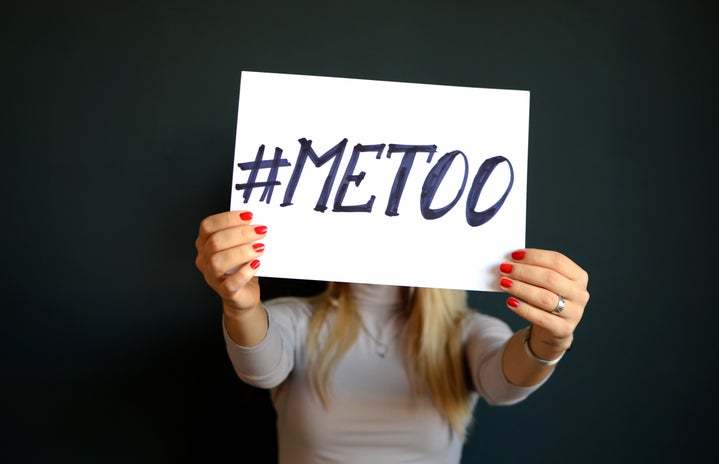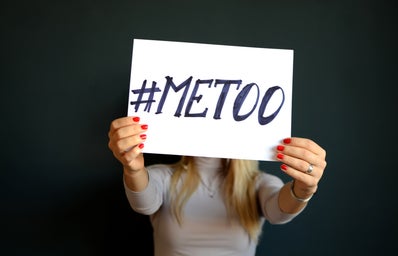As we welcome Women’s History Month this March, remember the continuous battle that women have to fight to gain rights and respect in our society. One such battle that we’ve all come to know is the #MeToo movement. The movement first began in 2006, created by Tarana Burke, to create awareness for sexual violence in society.
Then in 2017, after the Harvey Weinstein sexual assault allegations, the phrase that was once used by a handful of people developed into a broader movement. Weinstein was first accused in 2015 by Ambra Gutierrez, a model, and actress Rose McGowan.
Famous actors and actresses like Alyssa Milano were using the hashtag urging other victims to share their stories. Milano first tweeted the phrase after a friend sent her a screenshot of the term. “If you’ve been sexually harassed or assaulted, write ‘me too’ as a reply to this tweet,” Milano said in a tweet on Oct. 15, 2017.

Then Time magazine published its person of the year for 2017. The article highlighted those who spoke out against their attackers. They were dubbed, “The Silence Breakers,” the individuals ranged from Juana Melara, a hotel housekeeper, to Taylor Swift. The phrase began to be a rallying cry for those who had suffered from sexual violence and those who wanted to fight the violence. Time magazine reported that the movement spread around the world. Women in France took to the streets shouting ‘Me Too’ and chanting “expose your pig” in french.
To create more awareness of sexual assault and to address issues, actress Michelle Williams invited Burke and other sexual assault activists to the 2018 Golden Globe Awards. Monica Ramirez president and co-founder of Alianza Nacional de Campesinas, an organization with the goal to end the exploitation of farmworkers, attended the event. As did Saru Jayaraman, Marai Larasi, Rosa Clemente, Billie Jean King, Ai-jen Poo and Calina Lawrence.
In Jan. 2018 MeTooK12 was created as a spinoff of the Me Too movement by the group Stop Sexual Assault in Schools to create awareness for students. The group was founded by Esther Warkov and Joel Levin to stop sexual violence in schools.
The Center for Disease Control defines sexual violence as “sexual activity when consent is not obtained or not given freely. Anyone can experience SV…” The CDC states that “1 in 3 women and 1 in 4 men experienced sexual violence involving physical contact during their lifetimes. Nearly 1 in 5 women and 1 in 38 men have experienced completed, or attempted rape and 1 in 14 men were made to penetrate someone (completed or attempted) during his lifetime.”
If you or anyone you know have received any unwanted physical contact, visit RAINN, a sexual assault hotline for support or visit VCU’s sexual assault resources page.



